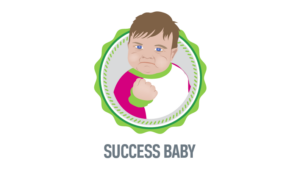The lack of control over her own calendar is very frustrating. It gets even more annoying when she discovers during a leadership development program that she neglects most of her people management responsibilities, which she otherwise considers rather important.
But how could she find time for that as well if she is already too busy? She needs a time management panacea to solve her problem, that’s what she is looking for. She wants a tool that allows her to fully keep all her current habits and behaviours, while she can also fit in some new, important but not so urgent strategic tasks, as well as the necessary attention to her team members. Oh, and probably she already learned it long ago (the hard way) that she shouldn’t sacrifice her family life and personal development. She is not prepared to pay that price one more time.
I have some bad news for you. There is no panacea. There are several smart tools and techniques that help increase personal effectiveness to some extent. But if you want drastic improvement, first you need to throw everything out of your calendar. You have to define your most critical goals for long and short term, and then only put those activities back in your calendar that directly support your goals.
And what if there are far more things to do than what you could fit into a reasonable work schedule? Well, this is a completely natural phenomenon. A leader or entrepreneur who wants to create stuff and make an impact will have scores of opportunities and ideas to implement: process improvements, product development possibilities, effectiveness issues, business development, innovation, diversification, etc. Ok, but then there are no other options: we need to focus and narrow down our set of goals. We must understand that we cannot do everything at the same time, select the real priorities, the best of the best ideas. This will lead to a manageable and liveable calendar.
However, all the above is easier said than done. There are several reasonable dilemmas that you might have. How can my colleagues deliver the tasks I step back from? What additional problems will this create? What if the product or business development ideas that we ditch would have delivered better results? There is no parallel universe, so we will never see. Yes, all of our decisions attract risks. This is the price to pay to fit into 24 hours per day and feel that we can work more efficiently and effectively.
Naturally, it wasn’t us, who figured out all the ideas above, but they are based on Stephen Covey’s recommendations.
Act2Manage Application
An interactive, gamification-based, practice-oriented leadership development application that provides immediate help and enables follow-up to the most common dilemmas.







